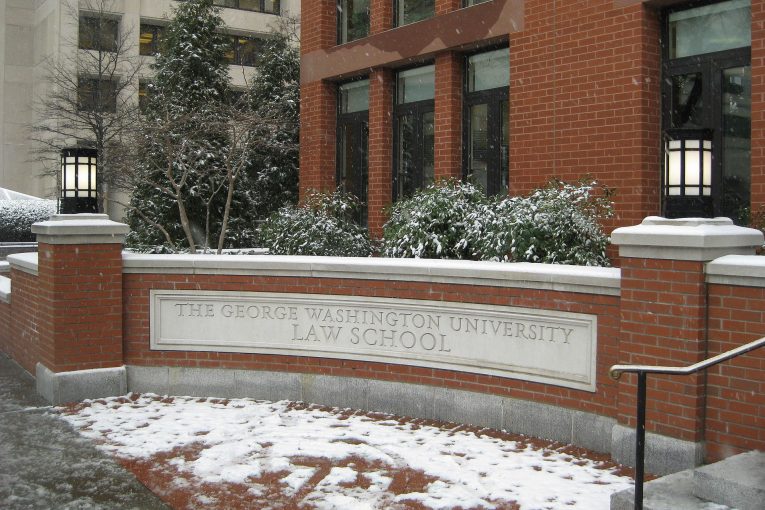

By Tommy Nguyen
ST. LOUIS, MO – In light of recent exonerations of wrongfully convicted men in Missouri, Jeffrey S. Gutman, in a St. Louis Post-Dispatch opinion piece, suggested improvements the state could make to the compensation statute to help those imprisoned for crimes they did not commit and also benefit the state.
Gutman said, according to the National Registry of Exonerations, 53 people convicted of crimes in a Missouri state court have been exonerated since 1989, and only nine of them have received compensation under the state statute, among the lowest in the country.
Gutman, a professor of clinical law at George Washington University Law School who represented civilly four men exonerated of crimes by DNA evidence after spending decades in jail, said Missouri has only paid compensation covering over 20 percent of the years lost to wrongful conviction, in comparison to about 50 percent in other states nationwide.
Gutman said the main reason for this issue is that compensation is available in Missouri only to those who were exonerated as a result of DNA analysis. It is the only state in the country to impose that restriction, as an attempt to ensure that only those clearly innocent are compensated.
“Despite the popular belief that DNA accounts for most exonerations, nationwide it is actually about 18 percent. For that reason, no state statute (except Missouri’s) any longer requires the claimant to be a DNA exoneree, but they do require that the claimant prove their innocence,” wrote Gutman.
Gutman also claims that the Missouri statute is out of step in the amount of compensation that is paid to the exonerees, which is only $50 per day of wrongful incarceration, in comparison to at least $136 per day that most other state statutes pay their exonerees.
Missouri’s 2023 fiscal year budget is $48 billion, and according to the State Treasurers’ website, it spent over half-million dollars in the fiscal year 2023 on prizes and awards, Gutman notes.
Gutman doesn’t think that this is a red state/blue state issue since states such as Kansas, Indiana, Idaho, and Montana have recently improved their wrongful conviction compensation statute. So far, Kansas has compensated over half of its exonerees, accounting for 72 percent of the total years lost to wrongful incarcerations, said Gutman.
The law prof/writer said while House Bill 327, patterned on the Kansas statute, would be a big improvement to the issue, he believes that it isn’t enough to bring justice to those who are wrongfully convicted because it would permit a court to award counseling, housing assistance, and tuition assistance, but only after the exoneree wins a civil lawsuit, which often moves slowly.
Gutman opines that with consideration of HB327, Missouri legislators have an opportunity to do right by those wrongfully convicted of crimes and listen to the moral call to support those wronged by the criminal justice system. The state can also show others how to provide modest emergency help to recently released exonerees.
“Generally, states do not cause wrongful convictions. The actions, sometimes unconstitutional, of local police and other officials do. The proposal would allow exonerees to file civil rights cases against those directly to blame for the wrongful conviction.
“If the exoneree wins, the person or entity responsible for the wrongful conviction would have to repay the state for any state compensation the exoneree received. The state recovers its payout when the local municipality is found responsible. Then, the cost of wrongful conviction rests on the entity that caused it rather than the state,” writes Gutman.